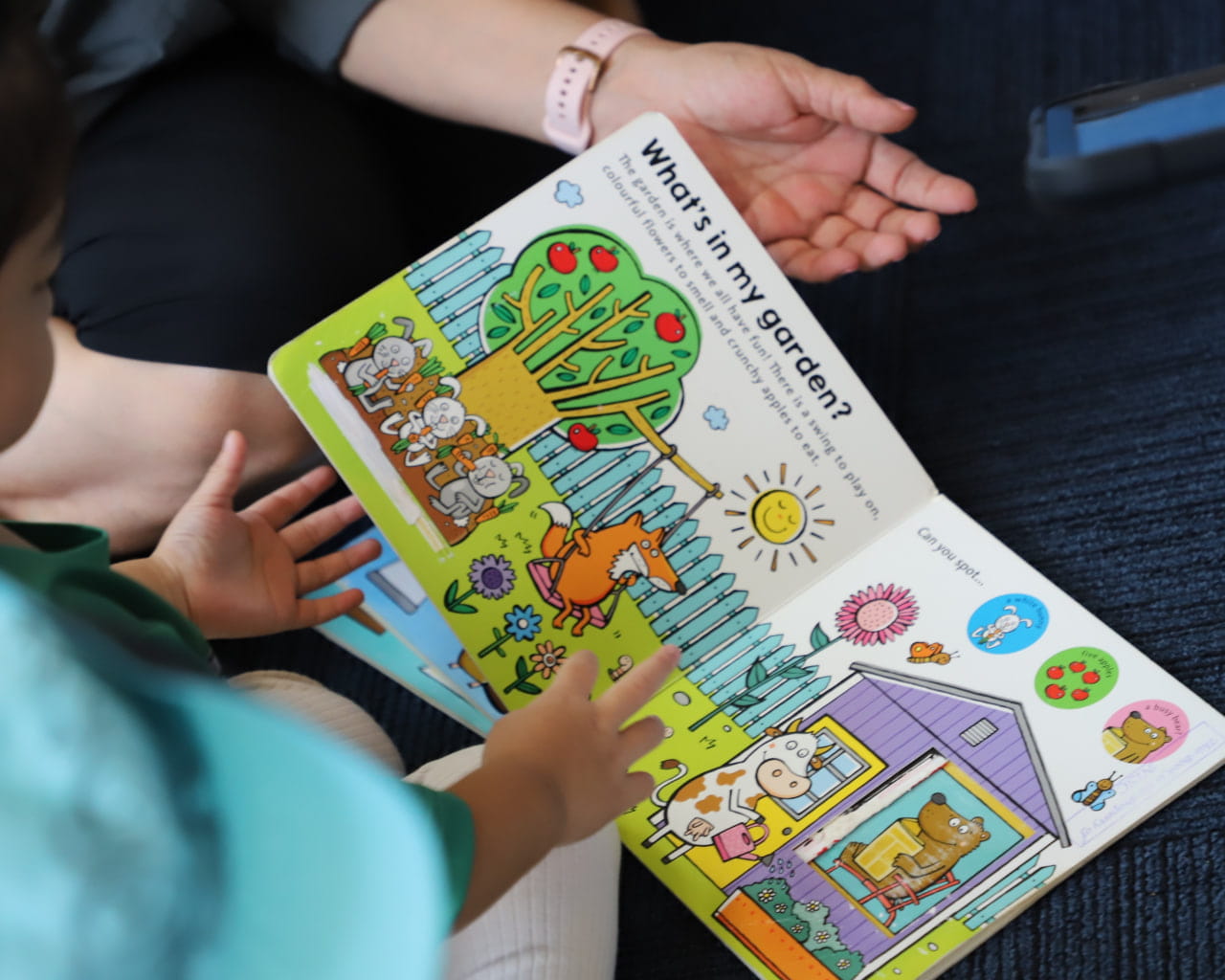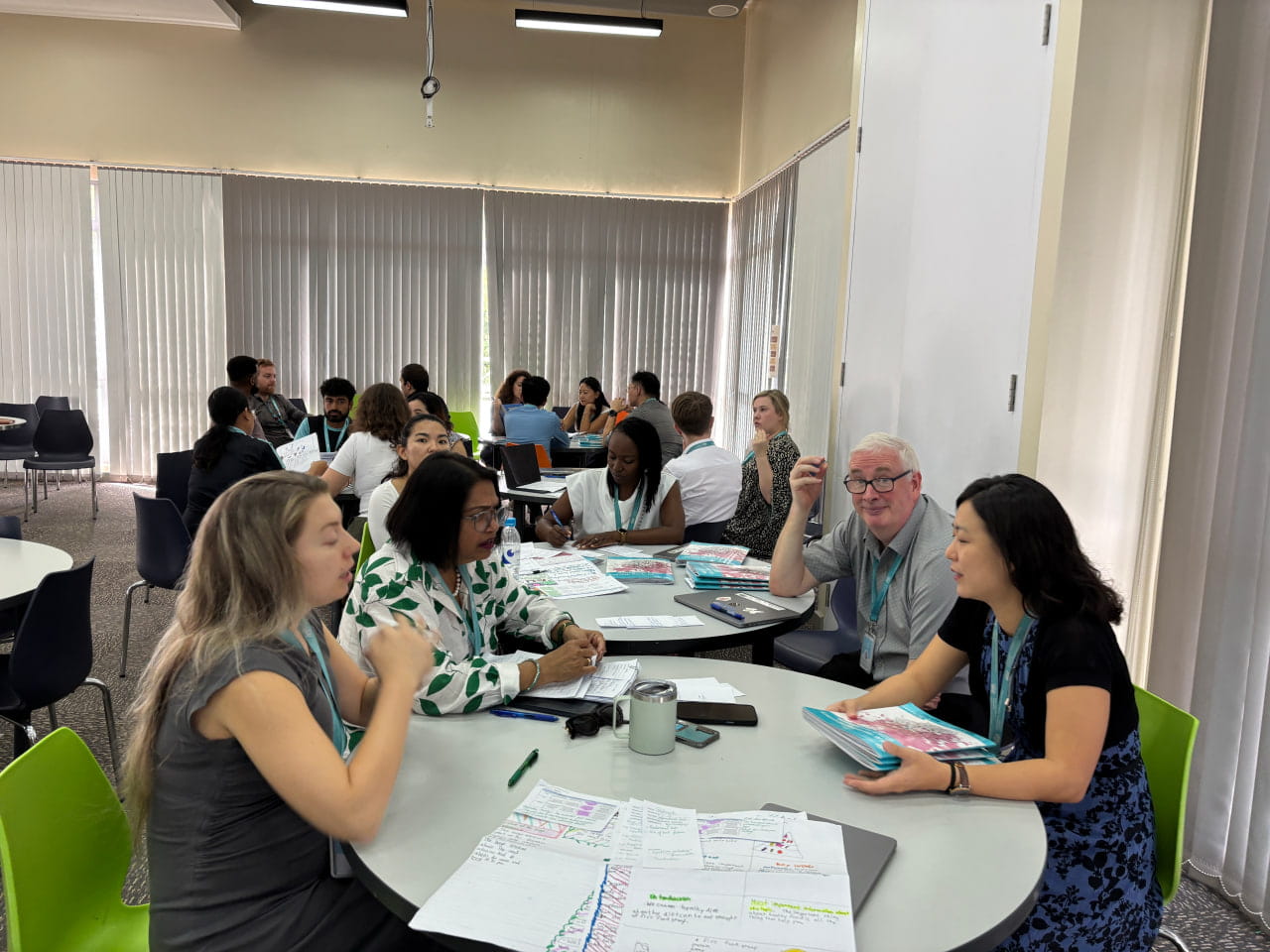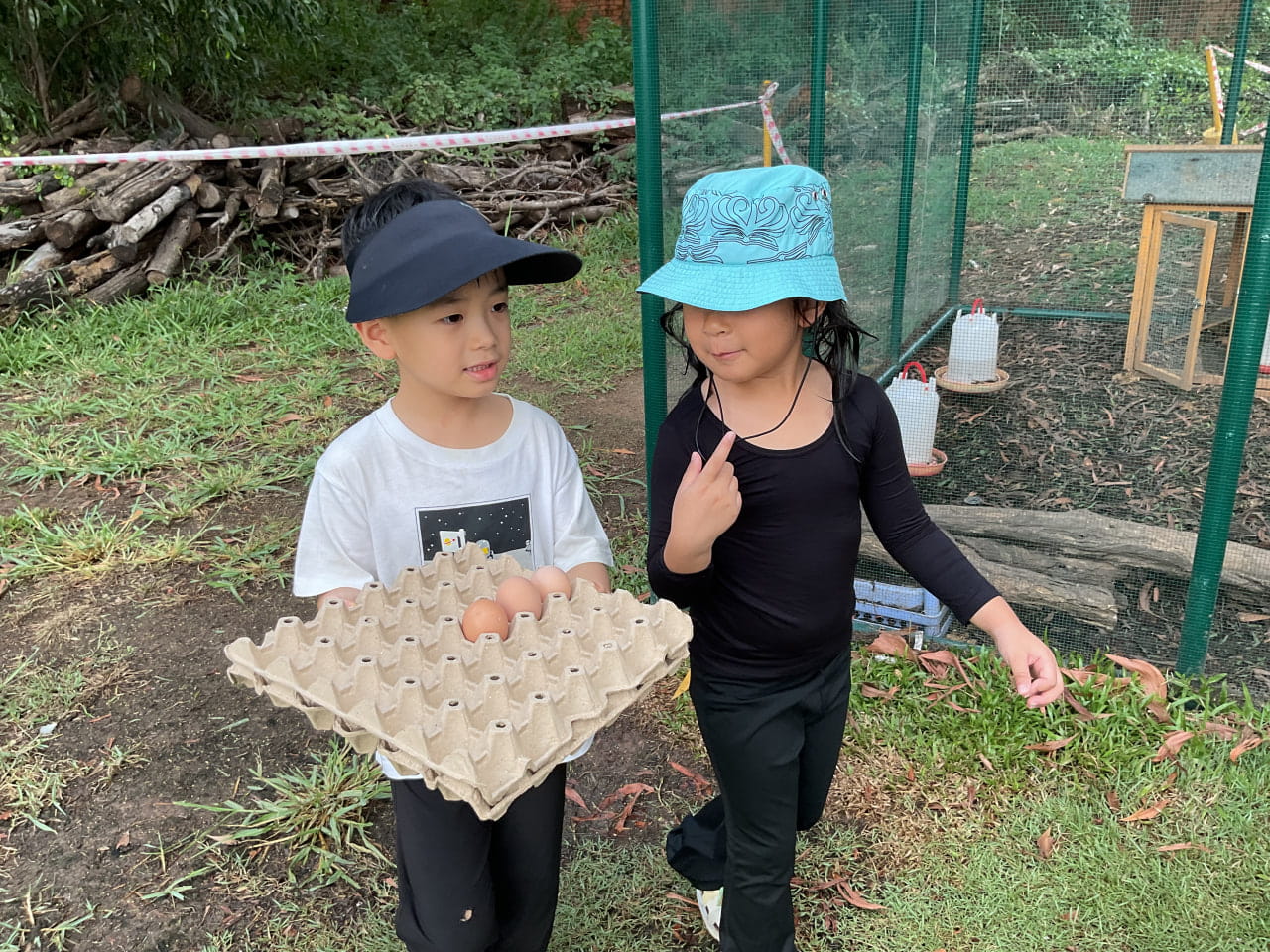By Anna Welch
Primary Teacher
Reading is an essential skill for success in school and in life. It is also a skill that can be developed and nurtured at home, from an early age. You as parents and caregivers play a vital role in helping your child develop a love of reading.
Benefits of Reading at Home
There are many benefits to reading at home with your child. Reading at home can help children to:
- Develop a love of reading
- Improve their reading skills
- Increase their vocabulary
- Improve their comprehension skills
- Develop their critical thinking skills
- Learn about new topics and ideas
- Develop their imagination
- Improve their concentration
- Improve their communication skills
- Improve their academic performance
Current research to support this:
A number of studies have shown the importance of reading at home for students of all ages. For example, a study by the National Literacy Trust UK (2024) found that students who read at home regularly showed higher scores in standardised tests. Another study by the University of Alberta U.S (2023) found that reading to students when younger and providing high quality reading materials for older students also had a direct impact on literacy attainment during standardised testing.
If you are interested and would like to read more about these studies:
Study 1: National Literacy Trust https://literacytrust.org.uk/research-services/research-reports/children-and-young-peoples-reading-in-2024/
Study 2: University of Alberta https://www.researchgate.net/publication/375413523_The_Role_of_Home_Literacy_Environment_in_Reading_and_Spelling_Beyond_the_Early_Grades
Tips for Reading at Home:
- Start early. The earlier you start reading to your child, the better.
- Make it fun. Reading should be an enjoyable experience for both you and your child.
- Let your child choose the books. This will help them to develop their own interests.
- Read aloud. Reading aloud to your child is a great way to improve their language skills.
- Talk about the books. Ask your child questions about the books they are reading.
- Create a reading routine. Set aside a specific time each day for reading.
- Make reading materials available. Have a variety of books, comics and other reading materials available in your home.
- Be a role model. Let your child see you reading.
For our students in early learning and KG/G1:
To support children learning with our "Read Write Inc." phonics program, home reading practice is key. During the week, teachers will introduce students to a coloured book that they will practice reading multiple times in class. This book, or a supplementary practice sheet called a "ditty," provides a foundation for confident reading, regardless of age.
After your child has read the assigned book, use the provided questions to discuss the story and encourage them to practice the words. This repeated practice develops fluency, which is the ability to recognise and recall words quickly. Fluency is essential for reading with both speed and confidence.






